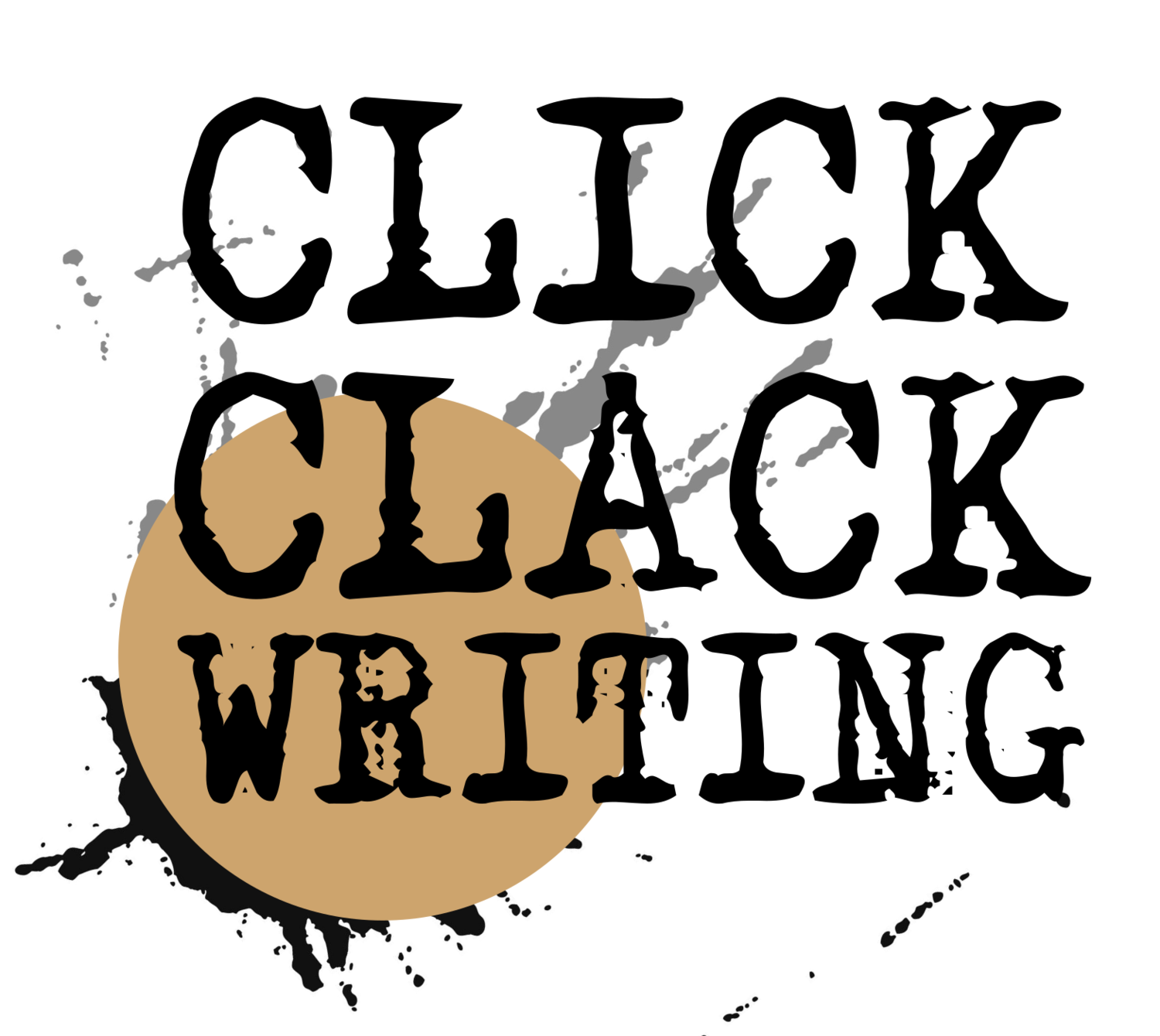What? You’re not a writer? That’s a major problem. Anyone who ever wrote a book was a professional writer!
Kidding, kidding.
Lots of books have been written by complete amateurs. Wait, let me rephrase that:
Lots of wildly successful books have been written by complete amateurs.
Fifty Shades of Grey? Written by a woman who loved reading and began to write Twilight fan fiction.
The Miracle Morning? Written by a guy in his mid-twenties with a sales background.
Harry freaking Potter? Written by a single mother who had never before penned a book.
See? All these amateur writers were able to banish the limiting belief (see definition in this past post) that they were not good enough or skilled enough to write a book.
Sure, writing is a skill and not everyone is going to be brilliant at it. However, I would argue that Hal Elrod (who wrote The Miracle Morning) and E.L. James (who wrote Fifty Shades of Grey) were not exceptional writers. They simple had ideas that were too good to ignore. They were ambitious. They got to work and wrote what was in their hearts (and loins?), and their messages resonated with readers.
Yours can too.
Now, let me backtrack slightly and bring up a couple points:
1. If you’re a non-native English speaker or have a writing-related cognitive or physical challenge (dyslexia, paraplegia, etc.), you may need additional writing help
2. If your goal is to be traditionally published, the quality of your writing really, really, really matters (unless you’re a celebrity). If you’re aiming to self-publish, it still matters (in my mind), but not quite as much.
To address point #1: If you struggle with writing in general, consider enrolling in a basic writing course. Look for course offerings online (try Udemy or Teachable), at a local community college, or in your community education catalogue (incidentally, I teach community ed classes with my business colleague, Jessica, but they focus on preparing to write a first draft, rather than addressing the writing itself).
If you feel you cannot overcome your writing difficulties, you may want to hire a ghost writer to do the writing for you. However, keep in mind that you should expect to pay upwards of $10,000 for any seasoned ghost writer.
NOTE: Even if you’re not super comfortable with writing right now, that’s not necessarily a problem (more on that later). Point #1 does not apply to you if you are simply out of practice or self-conscious about your writing.
To address point #2: Traditional publishing is tough. Simply finding an agent to represent you (a requirement for most traditional presses) is an enormous challenge. Most agents are quite particular, and rightfully so—they work off of commission, so their success depends on the success of those they represent. You’d be picky too!
Because agents and publishers have high expectations, they typically only accept professional-grade writing. In this case, it’s a good idea to have some writing experience and plenty of practice honing your craft.
If you’d like to have a conversation about traditional versus self-publishing, feel free to get in touch.
Okay, back to that limiting belief, “I’m not a writer.”
For most people, this is simply a mental block. Chances are, you’re a perfectly fine writer. You write emails every day, don’t you? You write text messages that others read and understand, right? Maybe you’ve written a holiday card or a blog post or a social media update. Great! This is writing. Granted, it’s not book-length writing, but it proves you can put words on a page (or screen).
When people say, “I’m not a writer,” what they really mean is often one of the following:
1. I’m nervous about other people reading my words
2. Sure, I can write, but I’ve never written anything more than a couple pages long
3. I’ll never be as good as (Gabriel Garcia Marquez, J.K. Rowling, Brené Brown)
4. I don’t know where to begin
5. I never really excelled at writing OR I’m out of practice
These mental blocks are surmountable. Let’s look at each one:
1. You’ll never stop being a little nervous about others reading your words. That’s natural. Even seasoned writers struggle with this. However, don’t let this be a stumbling block. If you have a great idea, the world needs to hear it. If you think a book will help your business, it’s a good idea to write it. Believe me, any true friend will simply be impressed by the fact that you freaking wrote a book. Unless you’re writing something wildly offensive, you’ll likely have way more supporters than critics.
2. You’ve never written anything over a few pages? You’re in good company. Most first-time authors I’ve coached have not written more than a smattering of college essays or business reports. Before I wrote my first novel, I had never crossed the 25-page mark. Then, I wrote 500 pages.
If you follow a coaching program, like the one offered by Click Clack Writing, you should have all the guidance you need to write a full-length book. One of the tools you’ll use is a multi-page outline. This outline will help you articulate your ideas and set you up to write tens of thousands of words. In addition to the outline, you’ll learn idea-generation methods, tips for overcoming common writing hurdles, and writing best practices and strategies. All these things will make writing 50,000 or even 100,000 words doable.
3. Are you afraid you’ll never be as good as your favorite author? As I said earlier in this post, you do not have to be the best or most proficient writer to be successful. You just need the tenacity to pursue your idea. If you write from your heart and articulate your message as best you can, you’ll have the foundation of an excellent book.
4. Don’t know where to begin? This is one of the most common mental roadblocks I’ve encountered. Writing a book seems like an enormous, daunting task—how do you even get started? One of the best ways is to figure out your core message and Find Your Focus (I write that in caps because it is one of the coaching terms CCW uses—in fact, an entire coaching session is devoted to nailing down your book’s focus). Figure out the principle purpose of your book and go from there. Of course, this is only the first step of many pre-writing steps, but it is a vitally important one.
5. If you don’t consider yourself a writer or you’re out of practice, there is only one thing you can do (no, not throw in the towel!). You have to practice.
Think of writing as a sport. If, for example, you haven’t played basketball in two decades, you’re going to have to ease back into it. You’ll have to get out on the court as often as you can and practice lay-ups, free-throws, boxing out, dribbling—all the fundamentals that comprise an excellent b-ball player. The same is true for writing. It pays to practice.
Start free-writing in a journal every single day. Carry a notebook around with you and write whenever you get a chance. Not sure what to write? Check out our list of prompts, pick one, and write whatever comes to mind for the next five or ten minutes. Or, think about your book idea and start writing.
This daily writing will help prepare you for the big event: writing your book.
When you start your actual book writing, don’t be too harsh on yourself. Your first draft may not be incredible, and that’s okay. It’s all about getting words on the page. You can always go back and edit.
Keep in mind: as you dig into writing your book, your writing is bound to improve. That’s great! Once you reach the end of your first draft, you’ll be better equipped to go back to the beginning and make some changes.
It’s time to banish the limiting belief that you’re not a writer. While you may not be a seasoned professional, you still have the power and skillset to write a book. Scores of amateur writers have done it, and you can too. It’s mostly a mental game, and I’m confident you can knock over your roadblocks and start writing that book!
Action Items:
What’s holding you back from thinking of yourself as a writer? Write 3 affirmations to counter those limiting beliefs
Are you out of practice with writing? Create a plan that involves writing a little bit every day and commit to that plan.






